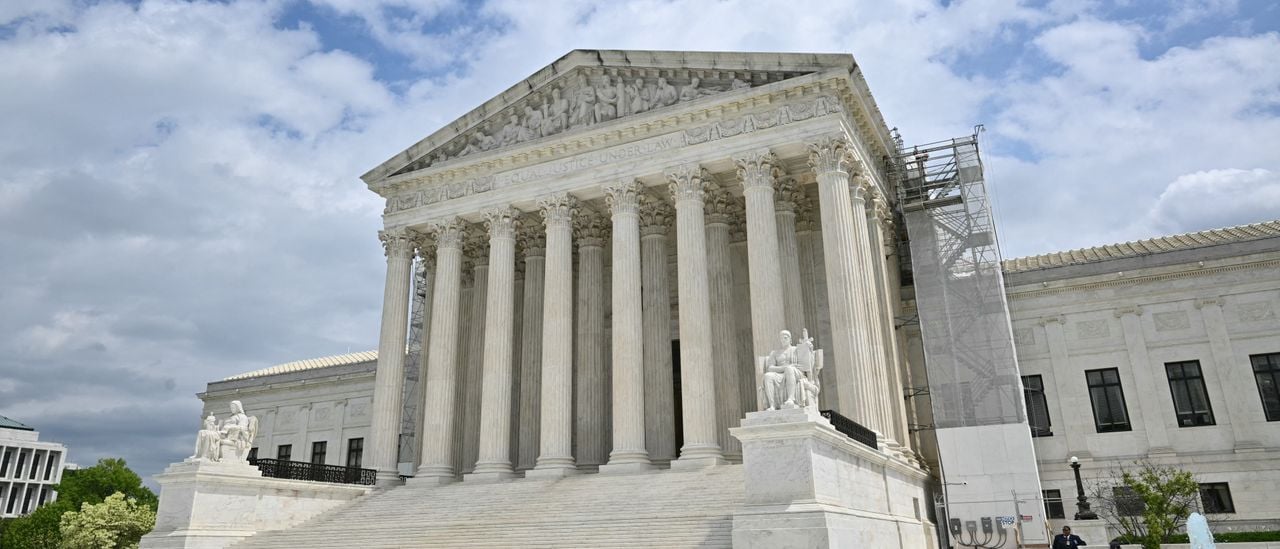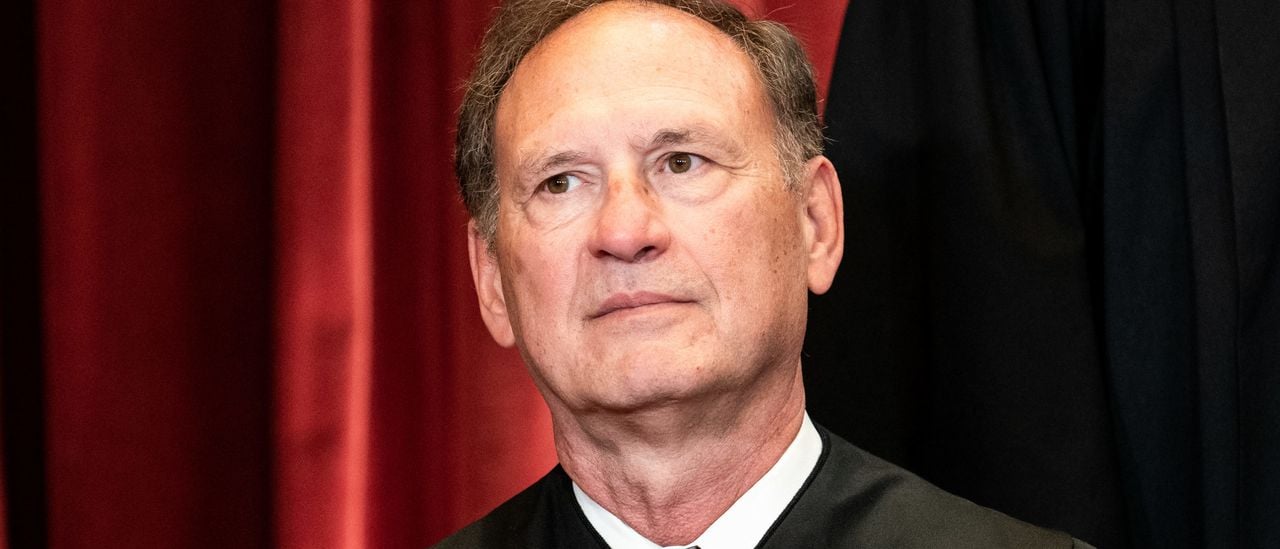The Supreme Court issued a ruling Wednesday siding with the Biden administration in a landmark case that challenged the federal government’s ability to pressure social media companies to censor speech.
Big Tech has this administration in its pocket.
Personally, I was surprised and disappointed that the Supreme Court would rule in a way that would perpetuate that arrangement.
Many conservatives were also disappointed--particularly with Justice Barrett and Justice Bret Kavanaugh.
Be informed, not misled.
The justices ruled 6-3 to reverse a lower court injunction barring the federal government from “coercing or significantly encouraging” social media companies to suppress speech, finding that plaintiffs did not have standing. The case, Murthy v. Missouri, was brought by the Republican attorneys general of Missouri and Louisiana, along with five individual plaintiffs whose own speech was censored.
“The plaintiffs rely on allegations of past Government censorship as evidence that future censorship is likely,” Justice Amy Coney Barrett wrote in the majority opinion. “But they fail, by and large, to link their past social-media restrictions to the defendants’ communications with the platforms. Thus, the events of the past do little to help any of the plaintiffs establish standing to seek an injunction to prevent future harms.”
Barrett claims this case "begins and ends with standing."
Last July, District of Louisiana Judge Terry A. Doughty issued the initial injunction blocking a wide range of Biden administration officials from communicating with social media platforms to censor protected speech. The allegations in the case could be “the most massive attack against free speech in United States’ history,” he wrote, calling the government’s actions “Orwellian.
The Fifth Circuit narrowed the injunction but agreed the White House, Surgeon General, CDC and FBI, along with CISA, which it later added, likely violated the First Amendment.
In filings with the Supreme Court, the government argued that the injunction placed “unprecedented limits on the ability of the president’s closest aides to use the bully pulpit to address matters of public concern.”
White House officials pressured companies to censor specific individuals, including Tucker Carlson, Tomi Lahren, and Robert F. Kennedy, Jr., over vaccine-related posts.
The bottom line is that the Supreme Court told two states and five individual plaintiffs that they lacked standing to seek an injunction against the government’s wide-ranging efforts to suppress speech online.
The question is, why do they not have standing? I understand the Leftists on the Court voting against freedom of speech--but Justice Barret and Justice Kavanaugh?
If you read Justice Barrett's writing on the case, she essentially says these citizens can't prove that the government's action of manipulating what information the public gets and does not get will not cause individual harm.
Justices Gorsuch, Thomas, and Alito strongly disagree.
This is straight from Saul Alinsky's Rules for Radicals playbook: Suppress and edit what people are allowed to hear. Or say. Or think.
Justice Alito wrote a blistering rebuke, noting that this ruling was "blatantly unconstitutional."
Justices Neil Gorsuch and Clarence Thomas agreed.
Justice Alito excoriated the Supreme Court majority for “shirk[ing]” its duty to restrain the government’s coercive censorship efforts in “one of the most important free speech cases” to reach the high court in years.
“Their communications with Facebook were virtual demands,” he wrote, pointing to the White House’s many requests to remove “misinformation” related to COVID-19. “And Facebook’s quavering responses to those demands show that it felt a strong need to yield.”
The majority determined that plaintiffs failed “to link their past social-media restrictions to the [government’s] communications with the platforms,” explaining that “the platforms had independent incentives to moderate content and often exercised their own judgment.”
Their "independent incentives" are that they share the same worldview as the Biden Administration and are using their significant influence to lead the country to those beliefs while suppressing the views they reject.
Alito reminded the Court and the public of the ruling in the NRA case last month:
In May, the Supreme Court unanimously sided with the National Rifle Association (NRA) in its challenge to a New York official who pressured banks and insurance companies not to do business with the organization, finding government officials cannot “use the power of the State to punish or suppress disfavored expression.”
He then wrote, ”The conduct of government officials in Murthy v. Missouri was 'more subtle than the ham-handed censorship found to be unconstitutional in [the NRA case], but it was no less coercive'.”
Takeaway
Justice Alito concluded with this:
“It was blatantly unconstitutional, and the country may come to regret the Court’s failure to say so.”
Be Informed. Bew Discerning. Be Vigilant. Be Engaged. Be Prayerful.


